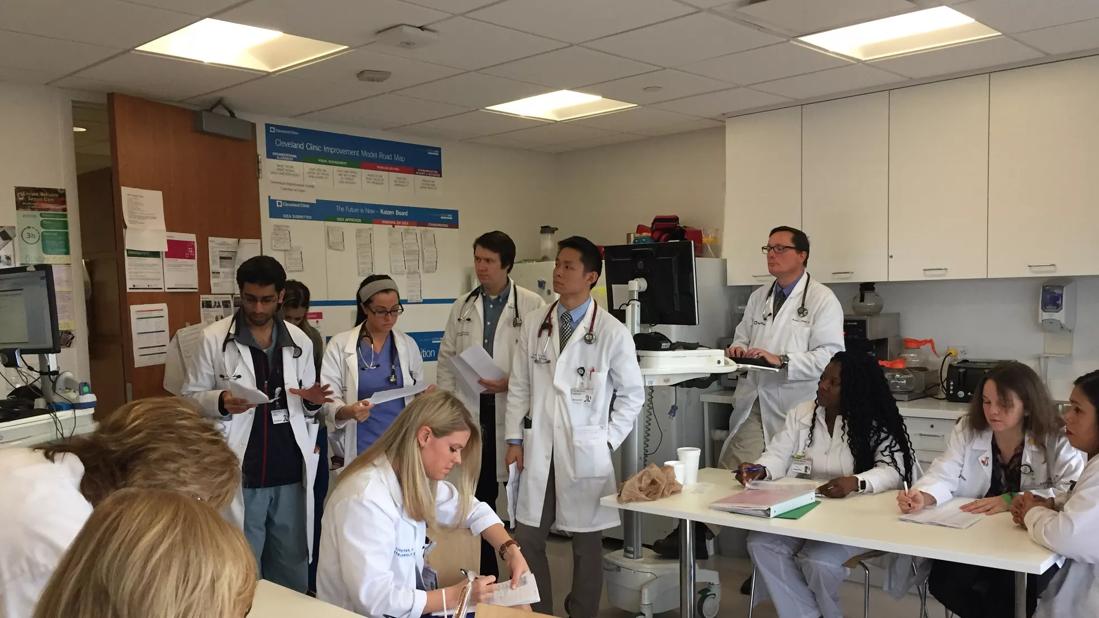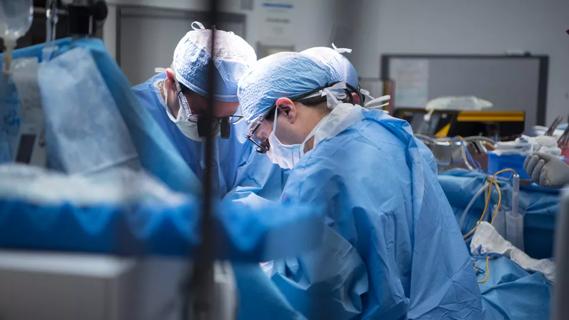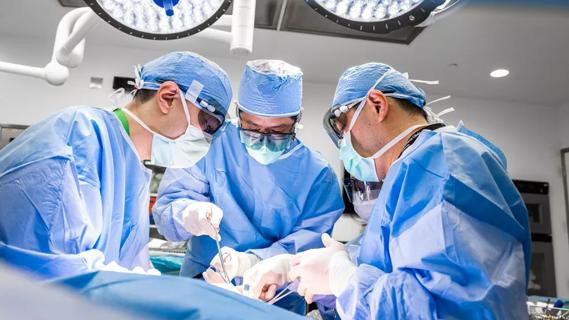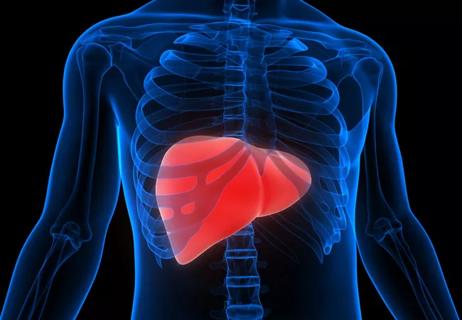Special training and care reduces readmission by 33 percent

Patients with cirrhosis represent about 150,000 hospitalizations each year, resulting in a $4 billion financial burden in the U.S. Regardless of the hospital setting, within three months of their stay, about 50 percent of cirrhotic patients are readmitted. Readmitting patients with end-stage liver disease increases the financial burden and may lead to further health complications for the patient.
Advertisement
Cleveland Clinic is a non-profit academic medical center. Advertising on our site helps support our mission. We do not endorse non-Cleveland Clinic products or services. Policy
Perhaps the most frustrating part of these high readmission rates is that the majority of cirrhotic patients are readmitted for preventable causes. This means that if the hospital staff had measures in place to better care for these patients during and after their stay, readmission rates could be reduced dramatically. Until recently, however, the importance of dedicated hospitalization units had been unrecognized.
At The Liver Meeting® 2017, the annual conference of the American Association for the Study of Liver Diseases (AASLD), Cleveland Clinic presented the results of ongoing efforts by the hospital’s SOLVE Continuous Improvement Project, comparing the outcomes of patients cared for in a hepatology dedicated unit (HDU) with those cared for in a general medicine unit. The study revealed for the first time that caring for cirrhotic patients in an HDU results in a 33 percent reduction in 30-day readmission rates.
Readmission creates a variety of problems for hospitals and patients. If patients return to the hospital within 30 days, the hospital may face reimbursement penalties. Cirrhotic patients are often readmitted with infections and other health problems. If they’re readmitted with a serious infection, they may no longer qualify for a transplant either on a temporary or permanent basis. This can lead to significant quality-of-life issues, reduced patient satisfaction and poor outcomes.
Why are patients with end-stage liver disease readmitted so frequently? According to Bhavana Bhagya Rao, MD, a second-year fellow in Cleveland Clinic’s Department of Gastroenterology & Hepatology and the first author of the HDU study, “Following discharge, cirrhotic patients often have recurrence of hepatic encephalopathy (HE), a condition that can easily be prevented with the proper use of medication.” Study co-authors included Anastasia Sobtoka, RN, Carlos Romero-Marrero, MD, and William D. Carey, MD.
Advertisement
Cleveland Clinic has been caring for cirrhotic patients in an HDU for nearly 10 years. All HDU staff members have special training and experience in managing advanced liver disease. For example, the nurses receive hands-on training in caring for cirrhotic patients, including HE care and prevention. Each day, the entire physician team, including social workers, case managers, nutritionists, physical therapists and nursing representatives, conduct a ‘huddle round’ during which they review each patient in the HDU and develop individualized care plans, including early discharge planning.
Cleveland Clinic operates a four-bed closed observation unit (COU) for cirrhotic patients as part of the HDU. These patients receive 24/7 monitoring and care from a dedicated team.
“In addition to training our staff, we’re also proactive in teaching our patients how to identify and prevent complications through diet and medication,” reveals Dr. Rao. “By educating patients, we’re empowering them to manage their own health.”
In 2016, Cleveland Clinic hired a full-time care coordinator to work closely with cirrhotic patients who were hospitalized in the HDU. In addition to ensuring a safe discharge, the coordinator ensures that the patient follows his or her schedule for outpatient labs and follow-up appointments. Cleveland Clinic is currently analyzing the results of this addition to the continuous improvement project and plans to present these results at the Digestive Disease Week meeting in June 2018.
Advertisement
Cleveland Clinic’s research may help leaders at other hospitals who want to reduce readmission rates, even if financial challenges prevent them from operating dedicated hepatology units. “Simply caring for cirrhotic patients in one geographic location and training nursing staff can substantially improve patient outcomes,” explains Dr. Rao. “It’s a team effort that requires organization and coordination. But the results make it all worthwhile.”
Advertisement
Advertisement

Strong patient communication can help clinicians choose the best treatment option

ctDNA should be incorporated into care to help stratify risk pre-operatively and for post-operative surveillance

The importance of raising awareness and taking steps to mitigate these occurrences

New research indicates feasibility and helps identify which patients could benefit

Treating a patient after a complicated hernia repair led to surgical complications and chronic pain

Standardized and collaborative care improves liver transplantations

Fewer incisions and more control for surgeons

Caregiver collaboration and patient education remain critical